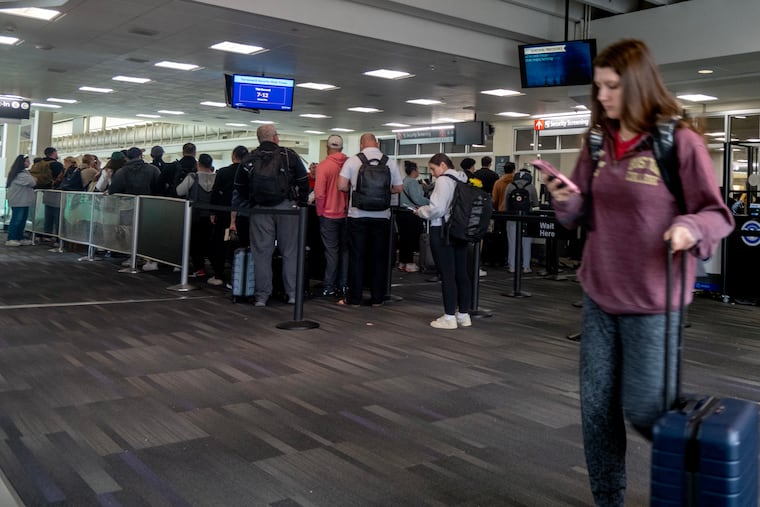NYC high school student released from ICE custody after experiencing poor conditions while detained.
A recent case involving a 20-year-old Ecuadorian national, Joselyn Chipantiza-Sisalema, has highlighted ongoing concerns regarding the practices of U.S. Immigration and Customs Enforcement (ICE) in New York City. Chipantiza-Sisalema’s experience, which involved her arrest by ICE agents outside a federal courtroom, has raised significant alarms among immigration advocates and legal experts regarding the treatment of individuals seeking asylum in the United States.
Chipantiza-Sisalema, a high school student, encountered a distressing ordeal after being taken into custody by ICE agents on June 24, 2025, immediately following a routine asylum hearing at the Jacob K. Javits Federal Building. Although a judge had granted her another hearing date and indicated the possibility of her remaining in the U.S. to avoid persecution at home, she was apprehended outside the courtroom, a scenario critics argue reflects a systemic issue within the current immigration enforcement strategy.
U.S. District Judge Analisa Torres subsequently ordered Chipantiza-Sisalema’s release from the Richwood Correctional Center in Louisiana, denouncing the arbitrary policies that led to her detention without proper due process. Her legal representatives contended that the sudden nature of her detention violated her fundamental rights, noting that there was no change in her legal circumstances that would warrant such an action. The ruling underscored the legal failings and inhumane conditions that some asylum seekers face under ICE detention.
During her ten-day confinement, Chipantiza-Sisalema endured poor conditions characterized by overcrowding and inadequate food, which forced her to sleep upright on the floor. The federal agents permitted her only three brief phone calls during her detention, limiting her ability to communicate with legal counsel and family.
Chipantiza-Sisalema’s family fled Ecuador in 2022 following severe threats to their safety from local gangs. Her parents described their desperate journey, emphasizing that their migration was a necessary measure to escape imminent danger. They articulated profound concerns regarding the brutal realities facing many Hispanic families, who seek refuge yet find themselves ensnared in a complex legal framework that often exacerbates their vulnerabilities.
Following her release, Chipantiza-Sisalema returned to New York, allowing her to continue her education and further her aspirations while advocating for a more humane approach to immigration policy that prioritizes the rights and safety of individuals facing persecution. As the debate on immigration enforcement unfolds, her case remains emblematic of the struggles many face in seeking asylum and navigating the existing legal landscape. The ongoing discussions reflect a critical juncture for U.S. immigration policy, where the treatment of individuals like Chipantiza-Sisalema raises pressing ethical and legal questions about the nation’s commitment to due process and human rights.
Media News Source







